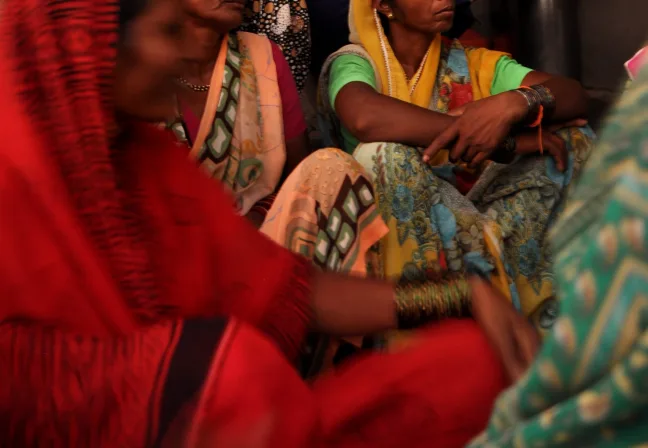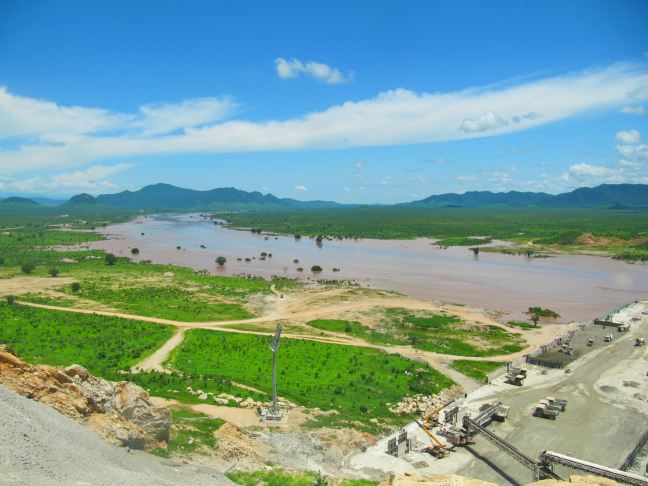by Irene Leonardelli At the end of a too-long, extremely dry summer, rural women from the drought-prone district of Beed, Maharashtra, finally return home, after six months of seasonal employment in sugar cane plantations. Encountering them allows me to reflect on experiences of drought and monsoon and on the embodied implications of environmental and agrarian … Continue reading Between drought and monsoon: the embodied hardship of seasonal work in Maharashtra’s sugar cane plantations
Between drought and monsoon: the embodied hardship of seasonal work in Maharashtra’s sugar cane plantations










